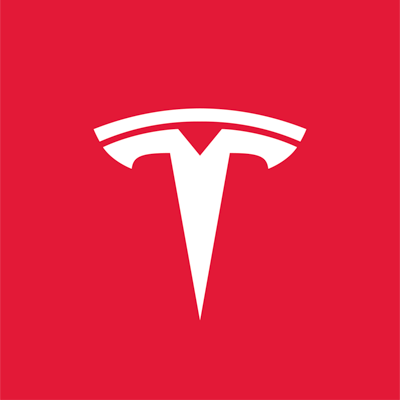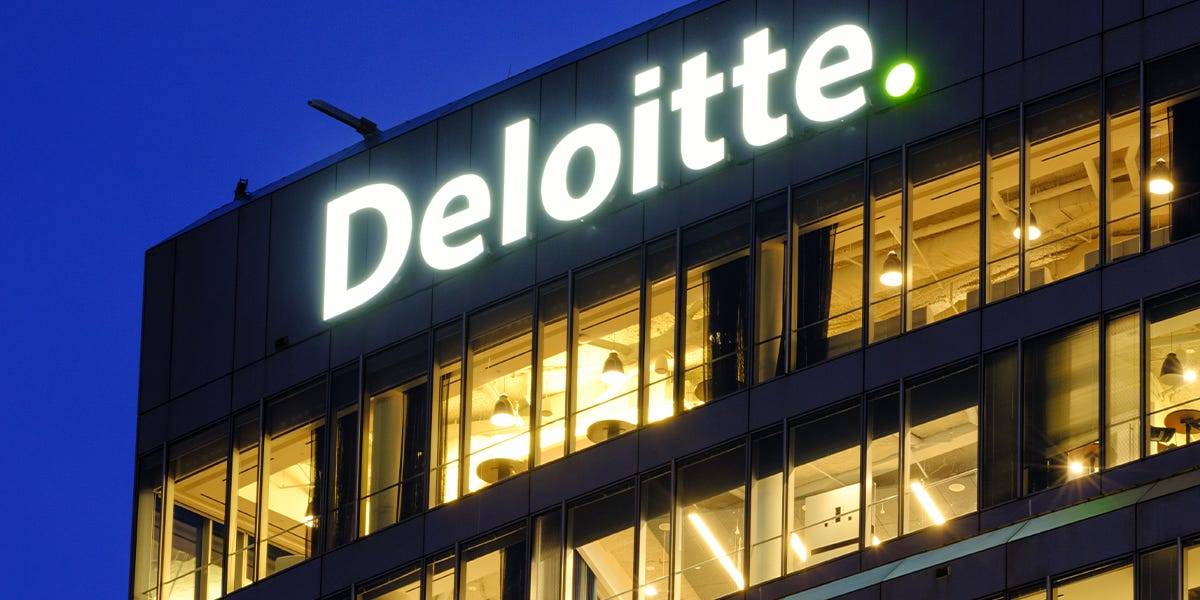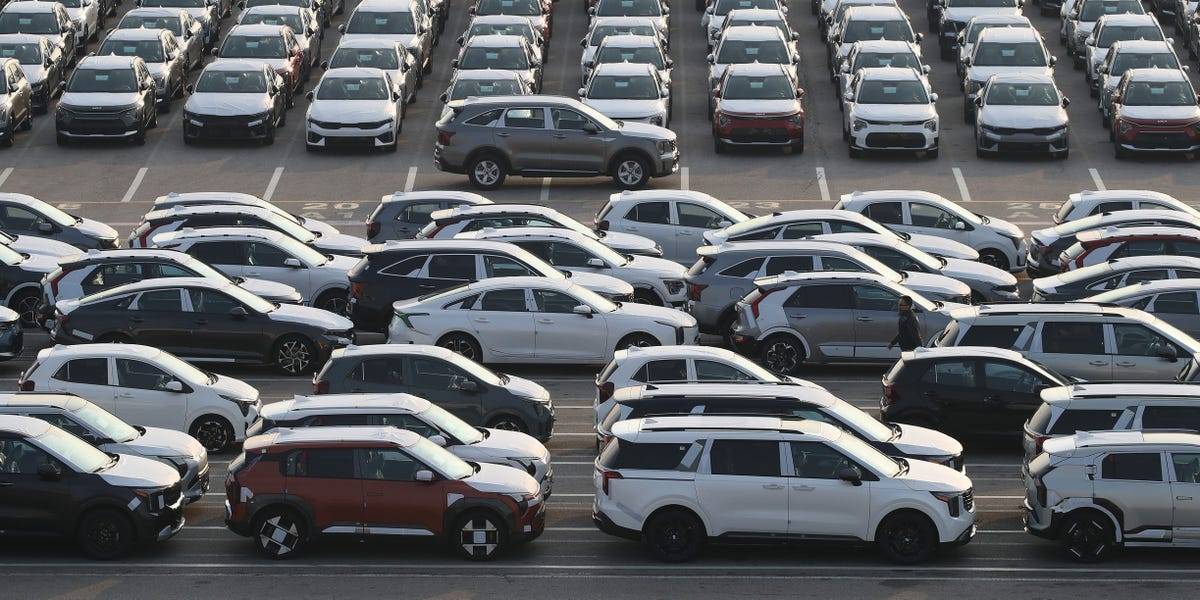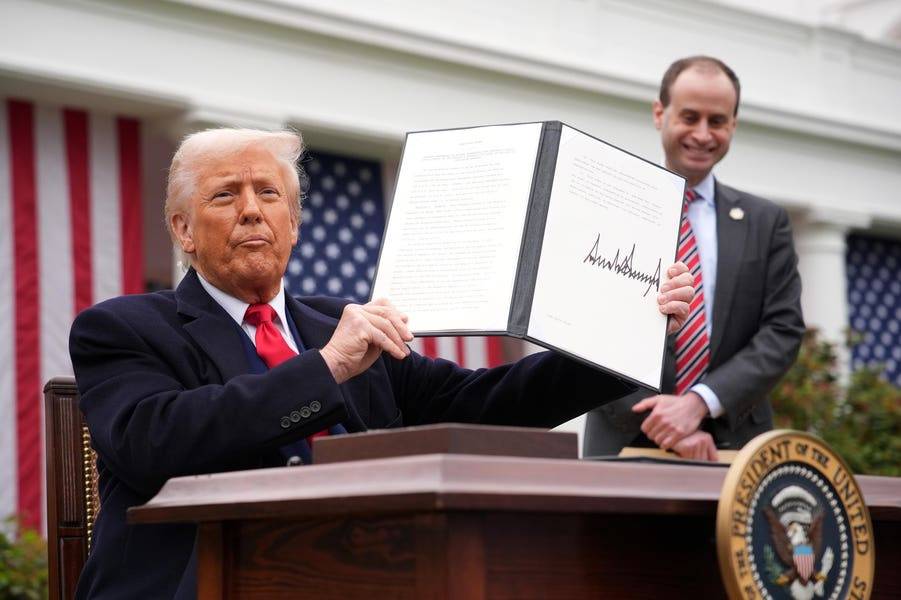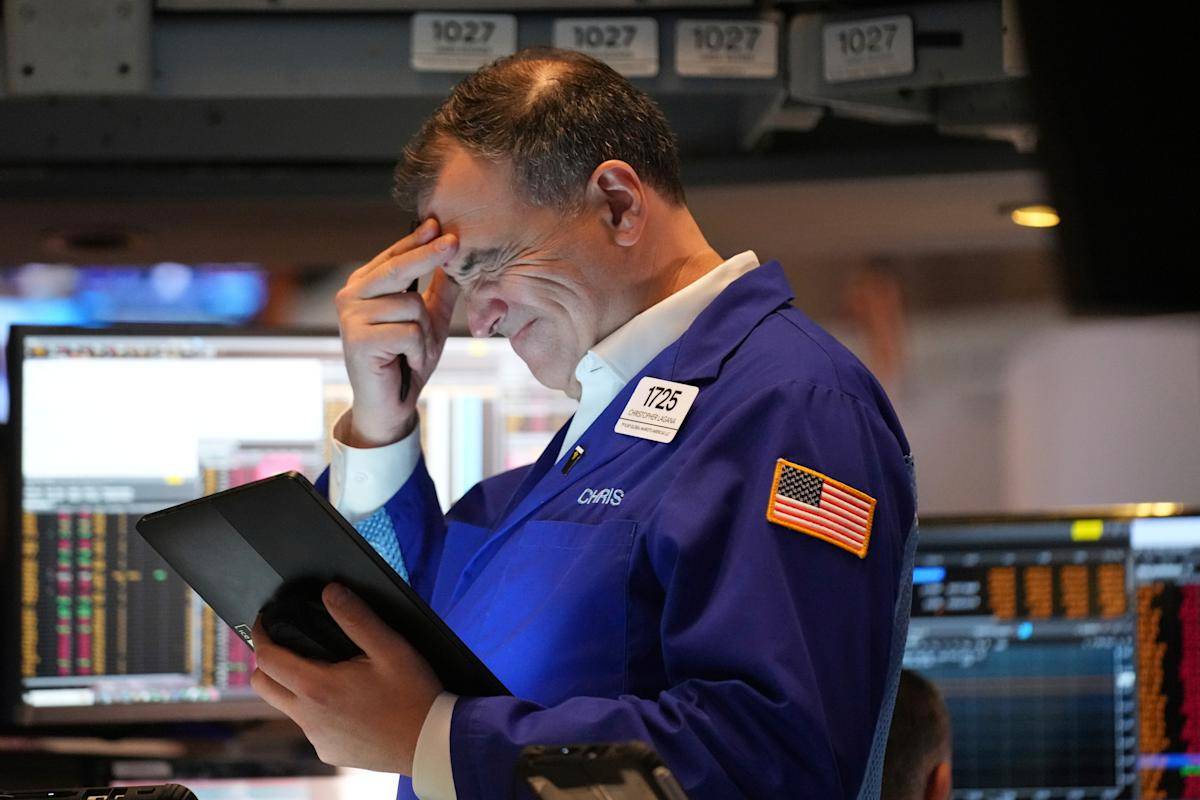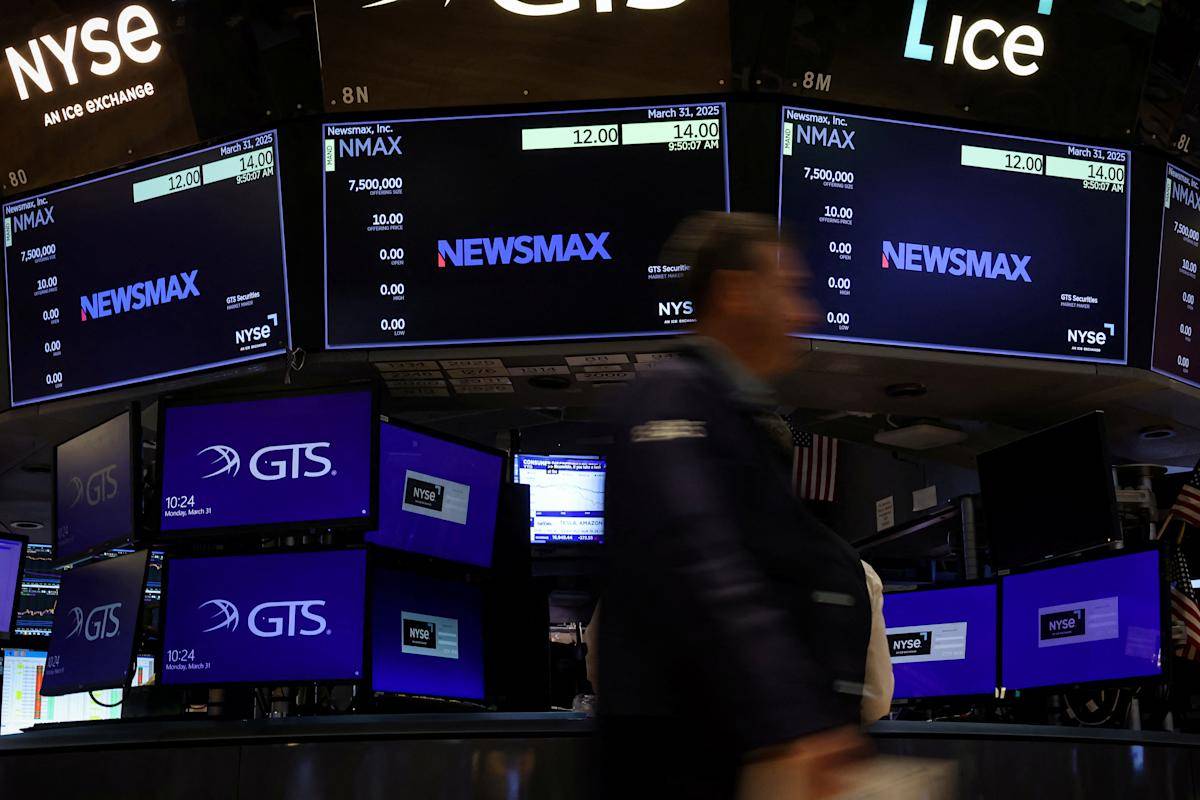The Rome Tesla Dealership Fire and Political Implications
The recent fire at a Tesla dealership in Rome, which destroyed 17 vehicles, has brought the ongoing tensions surrounding Elon Musk’s political affiliations into sharp focus. This incident is part of a broader wave of protests and acts of vandalism targeting Tesla facilities globally. The fire occurred early on Monday morning, with local authorities indicating that it is being investigated as a possible arson attack, although the cause remains undetermined.
Political Backlash Against Elon Musk
Musk has faced significant backlash for his role in the Trump administration, specifically as the leader of the Department of Government Efficiency, which has been involved in efforts to cut federal spending and reduce the size of government. This political involvement has transformed Tesla into a symbol of controversy, leading to a substantial decline in European sales. In the first two months of 2025, Tesla’s European sales plummeted by 49%, contrasting sharply with the overall growth of the electric vehicle market.
Financial Impact on Tesla
Financially, these developments have had a profound impact on Tesla. The company’s stock price has fallen by over 45% from its December high, further exacerbated by Musk’s divisive political actions. Analysts like Dan Ives of Wedbush Securities have noted that Musk’s leadership of the Department of Government Efficiency has inadvertently turned Tesla into a political symbol worldwide, contributing to its brand and sales challenges.
Global Pattern of Attacks
The Rome fire follows a series of similar incidents in Europe and North America, including a recent fire in northwestern Germany that destroyed seven Teslas. These events have prompted federal authorities in the U.S. to establish a task force to address what they describe as “domestic terrorism” targeting Tesla showrooms and vehicles.
Elon Musk’s Response
In response to these events, Elon Musk has labeled the Rome fire as “terrorism,” reflecting his concern over the coordinated nature of these attacks. As the situation unfolds, it highlights the complex dynamics between corporate leadership, political influence, and consumer sentiment in the automotive sector. The incident also underscores the increasing scrutiny that companies face when their leaders become implicated in divisive public policy. For Tesla, the path forward will likely involve navigating these political hurdles while reasserting its core mission as a leader in electric vehicle technology.
In conclusion, the fire at the Rome Tesla dealership reflects the challenging political and market environment facing Elon Musk’s company. As Tesla works to address these issues, it must balance its business strategy with the need to navigate complex political dynamics and restore consumer confidence. This task will require careful consideration of both financial metrics and broader societal trends.

